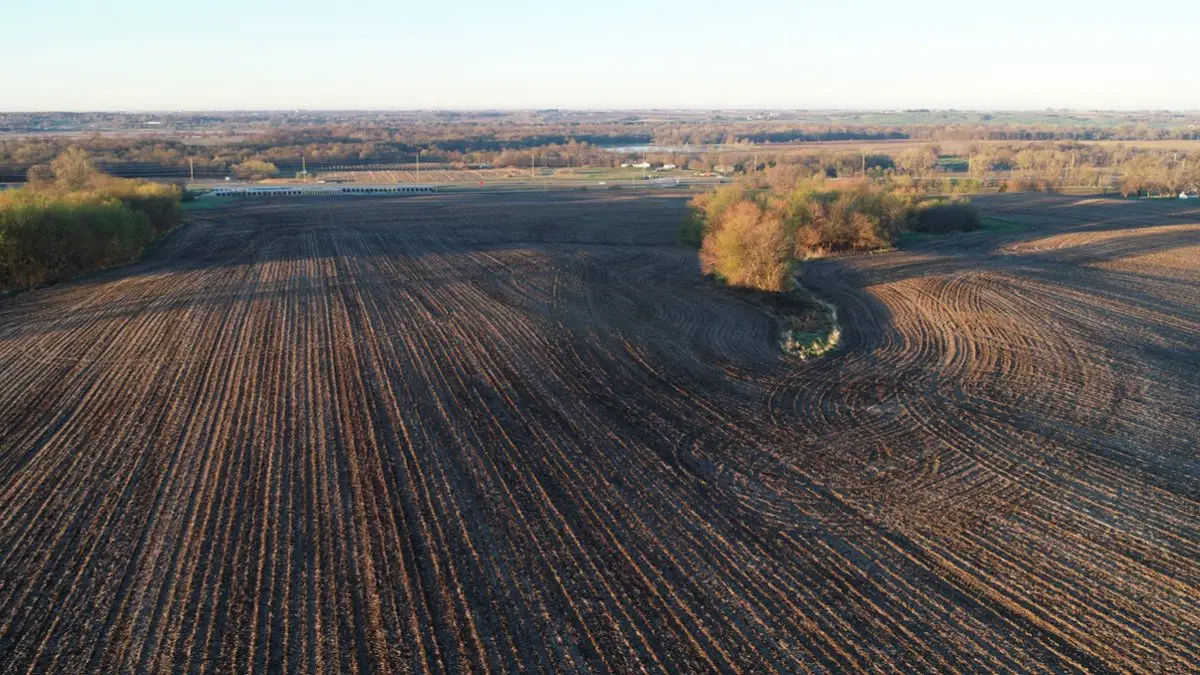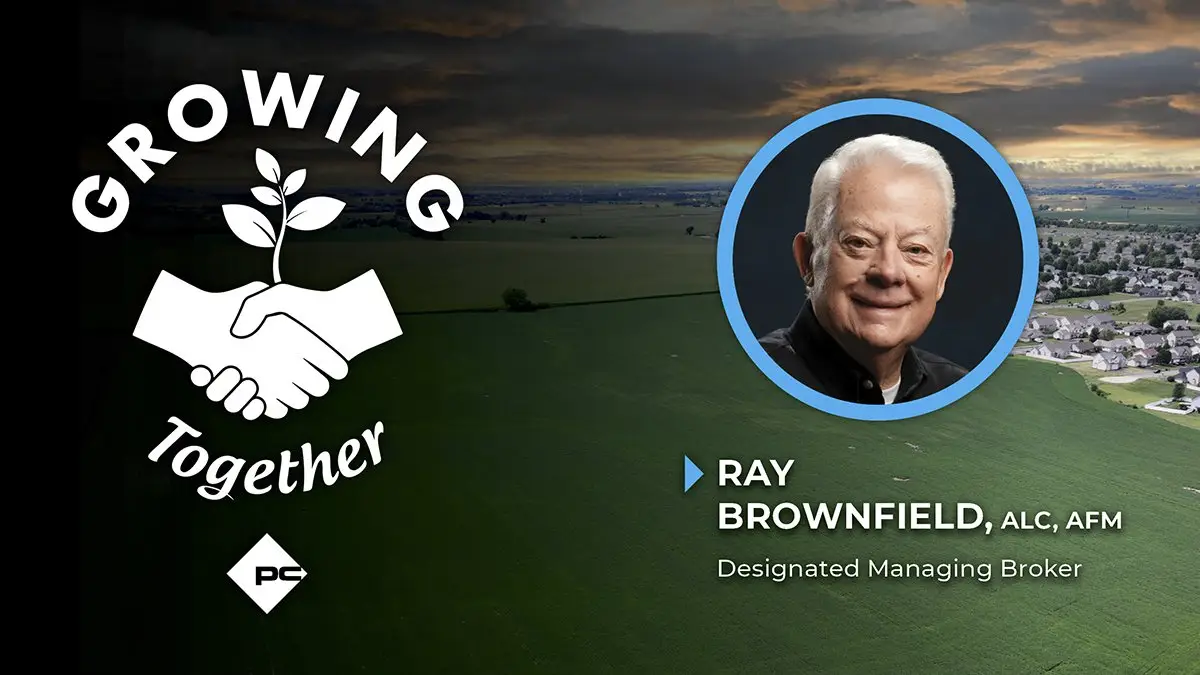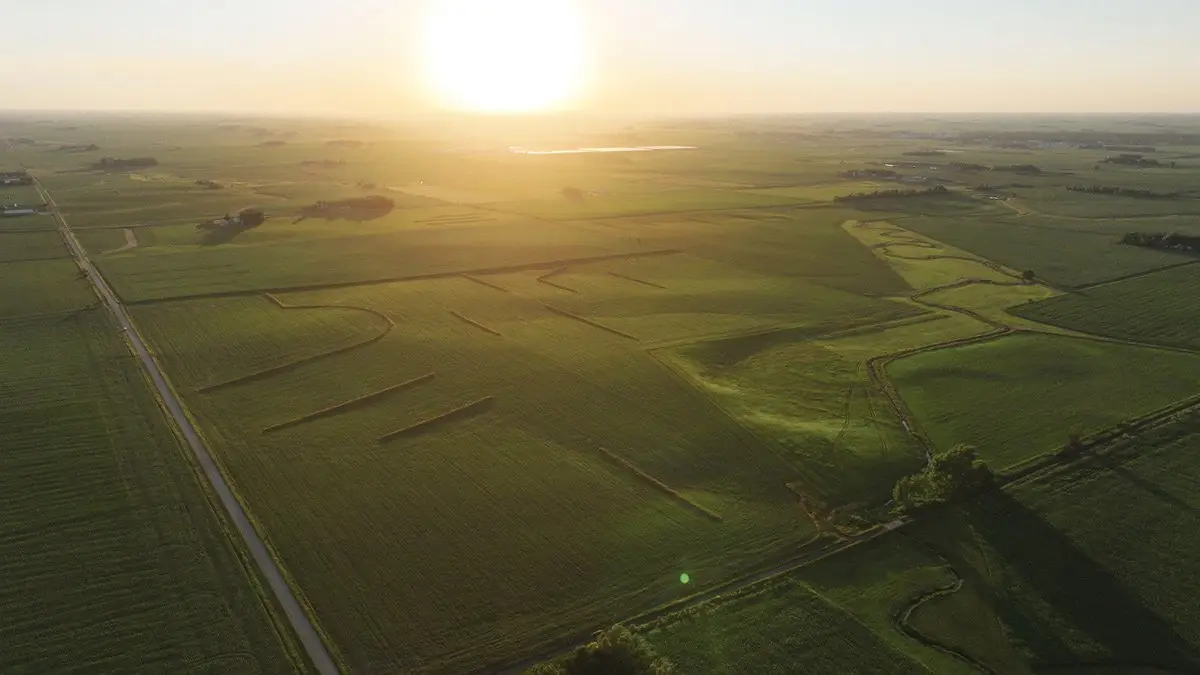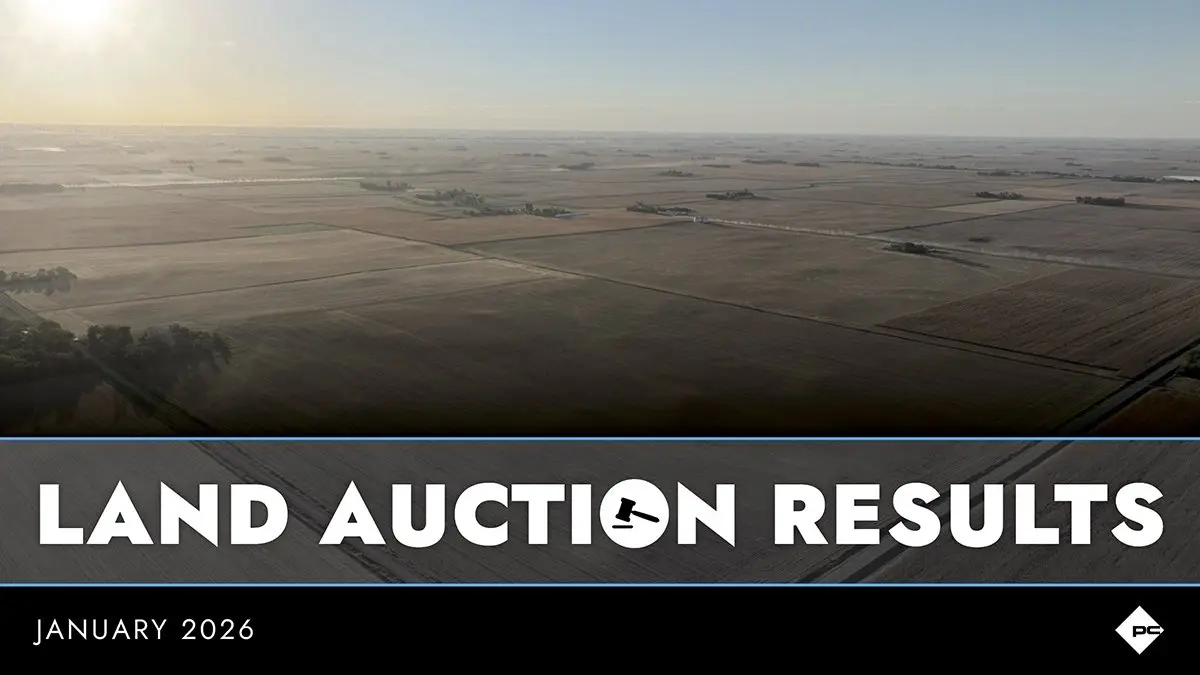CLIVE, Iowa – Changing demographics is driving a trend by next-generation landowners to manage for appreciation and create sustainability through socially responsible farming practices, a new white paper published by agricultural real estate brokerage and land auction firm Peoples Company asserts.
Land investors, innovative farmers, as well as anyone interested in a better understanding of this trending topic can access the free white paper, “Socially Responsible Farmland Investing,”through the Peoples Company website.
“Socially Responsible Farmland Investing” describes the “complex interdependencies” that play into the idea of a practical use of farmland as an asset class, and its relation to the fabric and norms of society. World population scenarios for 9 billion people by 2050 carry with them a set of incomplete, contradictory and changing problems to solve: How will we feed all these people? How can we do it with the least environmental impact? How would this affect local producers and landowners? How will we produce enough food at a price everyone can afford?
“The era of socially responsible land investing has dawned due to societal issues facing agriculture,” writes Peoples Company President Steve Bruere, who co-authored the report with Michael Duffy, Ph.D., the Iowa State University Professor Emeritus of Economics known for his annual Iowa Land Value Survey. The 24-page document also includes an interview with Stine Seed President and Founder Harry Stine on high population corn, plus articles on multi-hybrid planters from Kinze Manufacturing, beginning farmer programs from the Iowa Agricultural Development Division, new technology conservation practices from the Iowa Soybean Association, and more.
Amid changes in farming practices tied to weather patterns and water availability, current events show mounting issues ag must face: the Des Moines Water Works nitrate lawsuit against three upstream counties, the Iowa Nutrient Reduction Strategy for soil conservation and water quality, the Clean Water Act definition of “Waters of the United States,” immigration reform for farm workers, California’s egg law for chicken welfare, and ongoing debate on the Renewable Fuel Standard’s corn ethanol mandate.
“Our reasoning behind presenting a case for making socially responsible farmland investing decisions is to promote food for thought regarding these challenges,” Bruere states.
Although farmers sometimes feel society is unfair or doesn’t understand their challenges, the white paper argues to embrace rather than resist the movement for socially responsible farmland investing. In practice, it forces landowners and farmers to come together to find and implement the answers to societal issues facing agriculture. “While this topic can be the subject of debate and create awkward conversations, I’m convinced society, farmers and landowners are more in alignment than one might expect,” Bruere quips.
For his part, economist Duffy outlines how farmers and investors alike can potentially benefit from this considered approach to farmland investment. A surge of interest by investors in farmland during the recent run-up in land values and low returns elsewhere in the economy is combining with demographic and production changes to alter who owns the land and how it will be farmed over the coming years. A spike in non-farmer landowners has added weight to concerns that support the notion of socially responsible investment in farmland, as well.
“We’re seeing a distinct trend among owners and investors toward the comprehensive strategies, best practices and innovative tools that constitute socially responsible management,” Duffy notes. “Altogether, these multiple objectives can work hand in hand to improve yield, reduce operating costs and increase a farm’s relative value.”
Shifting forces in the land industry also have caused a transformational shift in real estate firm Peoples Company, which offers agricultural land brokerage, land management, land appraisal and land investment services, according to Bruere.
The company has become signatory to the Principles of Responsible Investment (PRI), an investor initiative in partnership with the U.N. Environment Programme Finance Initiative and the U.N. Global Compact, which acts according to six principles of socially responsible investing. Peoples Company is believed to be the only service provider in the network that provides land management and land investment services in the United States.
Peoples Company also has shifted the approach of its Land Management division toward managing farmland for annual income and appreciation in the role of a “fiduciary of farmland fertility.”
“Trust officers and farm managers recognize they have a fiduciary duty to conserve a farm’s soil and to protect the fertility and long-term productivity of the asset,” Bruere said. “But trust and management documents don’t contain many provisions addressing conservation or sustainability, and there aren’t many standards or legal precedents to guide a trustee’s management decisions.”
To aid in this discretion, the Land Management team at Peoples Company can articulate and document fertility and yield histories to help clients negotiate a lease or sell a farm. It also can partner with trust departments for management agreements, and to implement systems that will enhance annual income and asset appreciation.
Peoples Company produced the “Socially Responsible Farmland Investing” white paper, committed to the PRI Initiative, and adopted the sustainable Land Management focus in response to this complex array of demographics and economics, social initiatives and new technology that increasingly impacts the land business, Bruere said.
“The farmland asset class is maturing, and the next generation of landowners will have high expectations for their investment, including sustainability, annual income and appreciation. Our goal is to provide knowledge to help make informed decisions and fuel meaningful discussion regarding farmland investment, and especially farmland investment in a framework of social responsibility.”
Click here to access the Peoples Company white paper, “Socially Responsible Farmland Investing.” For more information, visit www.PeoplesCompany.com or phone 855-800-LAND (5263).







